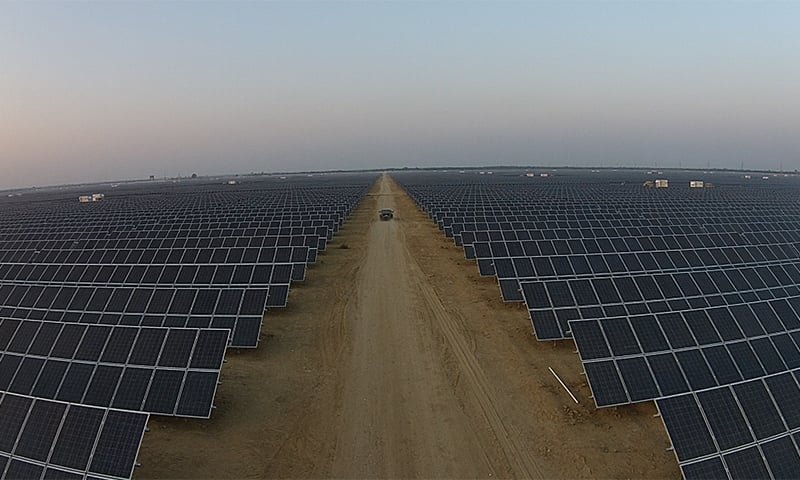Pakistan has inked a groundbreaking $200 million agreement with a Chinese firm aimed at converting a thermal power plant into a solar energy facility.
In a significant move towards sustainable energy production, Pakistan has inked a groundbreaking $200 million agreement with a Chinese firm aimed at converting a thermal power plant into a solar energy facility. This monumental agreement, facilitated by Pakistan’s Special Investment Facilitation Council (SIFC), marks a pivotal step in the nation’s pursuit of cleaner and more cost-effective energy solutions.
According to reports from Pakistani state media, the agreement entails the transformation of an existing thermal power plant into a state-of-the-art 300-megawatt solar power facility. The project is poised to revolutionize Pakistan’s energy landscape, promising to generate a staggering 400 million units of electricity annually. Notably, this transition is expected to significantly reduce the cost of electricity production, slashing it from forty-five rupees to a mere fourteen rupees per unit.
One of the key advantages of this ambitious initiative is the elimination of the need for Heavy Fuel Oil (HFO), a move that underscores Pakistan’s commitment to reducing its reliance on fossil fuels and mitigating environmental impact. Moreover, the conversion to solar energy is projected to yield substantial economic benefits, with estimates suggesting annual savings of $44 million due to reduced import bills and enhanced returns for stakeholders.
Pakistan’s decision to embrace renewable energy sources like solar power comes amidst ongoing challenges posed by its energy sector. As a nation grappling with a complex array of economic woes including a balance of payments crisis, surging inflation rates, and currency devaluation, Pakistan has been compelled to explore innovative solutions to address its energy needs.
With its heavy dependence on costly oil- and gas-powered plants, Pakistan faces formidable financial constraints in sustaining its energy infrastructure. The pursuit of cheaper energy imports and the exploration of alternative power generation methods have thus emerged as imperatives for Islamabad.
The $200 million agreement with the Chinese firm exemplifies Pakistan’s proactive approach towards securing sustainable energy solutions while simultaneously bolstering economic stability. By leveraging partnerships with international entities like China, Pakistan aims to harness its renewable energy potential and chart a course towards a greener, more prosperous future.
This landmark collaboration underscores the growing synergy between Pakistan and China in the realm of energy cooperation, building upon existing ties forged through the China-Pakistan Economic Corridor (CPEC) and other strategic initiatives. As Pakistan endeavors to navigate its energy transition, such partnerships are poised to play a pivotal role in realizing its vision of energy security, economic resilience, and environmental sustainability.
As the world grapples with the imperative of combating climate change and transitioning towards renewable energy, Pakistan’s bold initiative to convert a thermal power plant to solar energy stands as a beacon of hope and inspiration. In embracing this transformative shift, Pakistan not only underscores its commitment to sustainable development but also sets a compelling example for nations worldwide to follow suit in their quest for a cleaner, brighter tomorrow.
